This month, our editors dive into two powerful works that look into the dominating subjects of human life: sex and war. An erotically subversive collection of stories by award-winning author Mónica Lavín moves to the darkest and most questioning arenas of desire, and a memoir by Algerian Freedom fighter Mokhtar Mokhtefi stands as a cogent and compelling text of witness of his nation’s struggle against French colonialism.
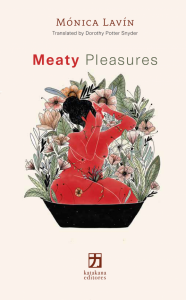
Meaty Pleasures by Mónica Lavín, translated from the Spanish by Dorothy Potter Snyder, Katakana Editores, 2021
Review by Lindsay Semel, Assistant Managing Editor
There is catharsis in transgression, and pleasure—especially the centering of one’s own pleasure—is all too often transgressive. The twelve short stories in Mónica Lavín’s collection, Meaty Pleasures, thoughtfully curated and translated by Dorothy Potter Snyder, capitalizes on this subversive desire, exploding the tranquil veneer of domestic life by compelling our complicity in the deeply uncomfortable and socially taboo.
It all begins and ends with the flesh. “Postprandial,” the decadent opening story, foregoes grounding details about setting and character in order to focalize an aphrodisiac tasting menu, offered from a hotel restaurant manager to a passerby, and the explicit sex that follows. It readies the reader for Lavín’s challenging approach to realism, intimacy, and power imbalance which pervades the rest of the collection. The final story, “Meaty Pleasures,” also emphasizes the sensual relationship between food and sex—but in a completely different way. Told from the perspective of an adult daughter who has watched her parents’ Saturday afternoon artisanal butchering hobby grow into an obsession that echoes over the course of their lives, the sex is left entirely to the implicit, straining in constant tension with the parental web of familial obligations. The daughter and her sister reflect: “Sometimes we’d ask each other, have you tried calling Papá and Mamá on Saturday afternoons? Because on that day of week, they never answered the phone to either one of us.”
In between, we meet many a troubled family. As is common in stories of nonconformity, various characters rebel against the numbing effect of matrimony, but their resistance does not lead them to any predictable conclusion—or perhaps any predictability is heightened to a manic extreme. In “What’s there to come back to,” a husband leaves his repentant wife on their doorstep for a whole winter’s night before he, begrudgingly, allows her back into their home. Snyder’s translation captures a certain languor and resentment in his stream of consciousness that induces anxiety when set against the excruciating awareness of her waiting, building a rawness that painfully and coldly leads to his reflection upon waking up in the morning: “Fried eggs again for breakfast, the TV news. I think she’s gone. Maybe she froze to death. Maybe we both froze to death.” In “You Never Know,” a son tires of the demons left to him by his mother’s abandonment. “Then, you kiss and hug them in the shadows of a movie theater, and you masturbate thinking about them, and when you start to want something more than their bodies, like their companionship and tenderness, you leave without saying goodbye.” Innocent—righteous, even—though his anger seems, his journey darkens with an incestual turn. “Roberto’s Mouth” finds a disgruntled housewife disappointed yet again when her own plans to leave her family are thwarted by her naughty-mouthed chat-room lover’s lazy approach to cuckholding. In such narratives that continually unpack and distort the concepts of familial intimacy, images of transgressively penetrated flesh dominate the collection, inviting the reader to reflect on the discomfort they inspire. READ MORE…

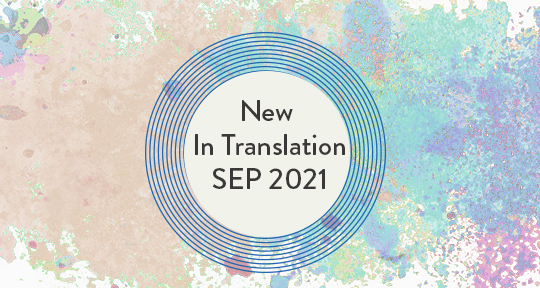

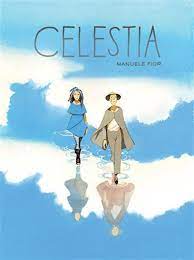

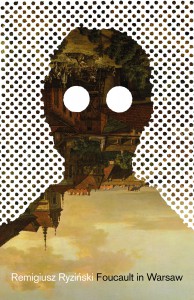

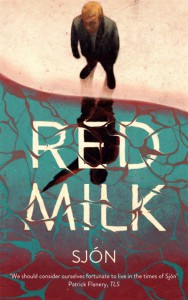


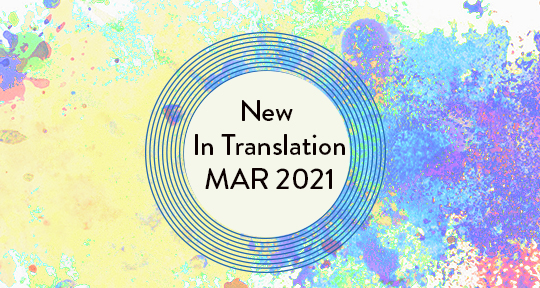
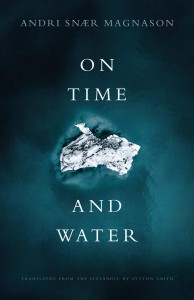

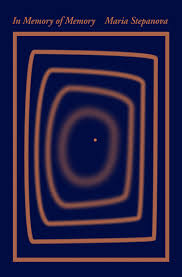

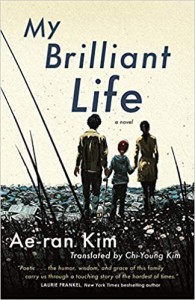

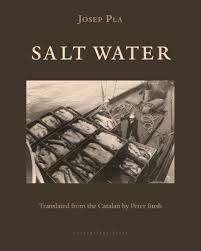

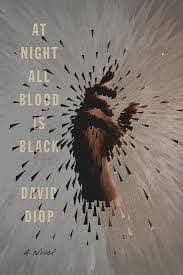



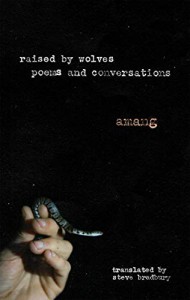

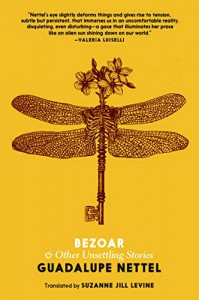
What’s New in Translation: August 2021
New work this month from Lebanon and India!
The speed by which text travels is both a great fortune and a conundrum of our present days. As information and knowledge are transmitted in unthinkable immediacy, our capacity for receiving and comprehending worldly events is continuously challenged and reconstituted. It is, then, a great privilege to be able to sit down with a book that coherently and absorbingly sorts through the things that have happened. This month, we bring you two works that deal with the events of history with both clarity and intimacy. One a compelling, diaristic account of the devastating Beirut explosion of last year, and one a sensitive, sensual novel that delves into a woman’s life as she carries the trauma of Indian Partition. Read on to find out more.
Beirut 2020: Diary of the Collapse by Charif Majdalani, translated from French by Ruth Diver, Other Press, 2021
Review by Alex Tan, Assistant Editor
There’s a peculiar whiplash that comes from seeing the words “social distancing” in a newly published book, even if—as in the case of Charif Majdalani’s Beirut 2020: Diary of the Collapse—the reader is primed from the outset to anticipate an account of the pandemic’s devastations. For anyone to claim the discernment of hindsight feels all too premature—wrong, even, when there isn’t yet an aftermath to speak from.
But Majdalani’s testimony of disintegration, a compelling mélange of memoir and historical reckoning in Ruth Diver’s clear-eyed English translation, contains no such pretension. In the collective memory of 2020 as experienced by those in Beirut, Lebanon, the COVID-19 pandemic serves merely as stage lighting. It casts its eerie glow on the far deeper fractures within a country riven by “untrammelled liberalism” and “the endemic corruption of the ruling classes.”
Majdalani is great at conjuring an atmosphere of unease, the sense that something is about to give. And something, indeed, does; on August 4, 2020, a massive explosion of ammonium nitrate at the Port of Beirut shattered the lives of hundreds of thousands of people. A whole city collapsed, Majdalani repeatedly emphasises, in all of five seconds.
That cataclysmic event structures the diary’s chronology. Regardless of how much one knows of Lebanon’s troubled past, the succession of dates gathers an ominous velocity, hurtling toward its doomed end. Yet the text’s desultory form, delivering in poignant fragments day by elastic day, hour by ordinary hour, preserves an essential uncertainty—perhaps even a hope that the future might yet be otherwise.
Like the diary-writer, we intimate that the centre cannot hold, but cannot pinpoint exactly where or how. It is customary, in Lebanon, for things to be falling apart. Majdalani directs paranoia at opaque machinations first designated as mechanisms of “chance,” and later diagnosed as the “excessive factionalism” of a “caste of oligarchs in power.” Elsewhere, he christens them “warlords.” The two are practically synonymous in the book’s moral universe. Indeed, Beirut 2020’s lexicon frequently relies, for figures of powerlessness and governmental conspiracy, on a pantheon of supernatural beings. Soothsayers, Homeric gods, djinn, and ghosts make cameos in its metaphorical phantasmagoria. In the face of the indifferent quasi-divine, Lebanon’s lesser inhabitants can only speculate endlessly about the “shameless lies and pantomimes” produced with impunity. READ MORE…
Contributors:- Alex Tan
, - Fairuza Hanun
; Languages: - French
, - Hindi
; Places: - India
, - Lebanon
; Writers: - Charif Majdalani
, - Geetanjali Shree
; Tags: - Beirut 2020 explosion
, - diary
, - disaster
, - Indian Partition
, - motherhood
, - recovery
, - social commentary
, - trauma
, - womanhood